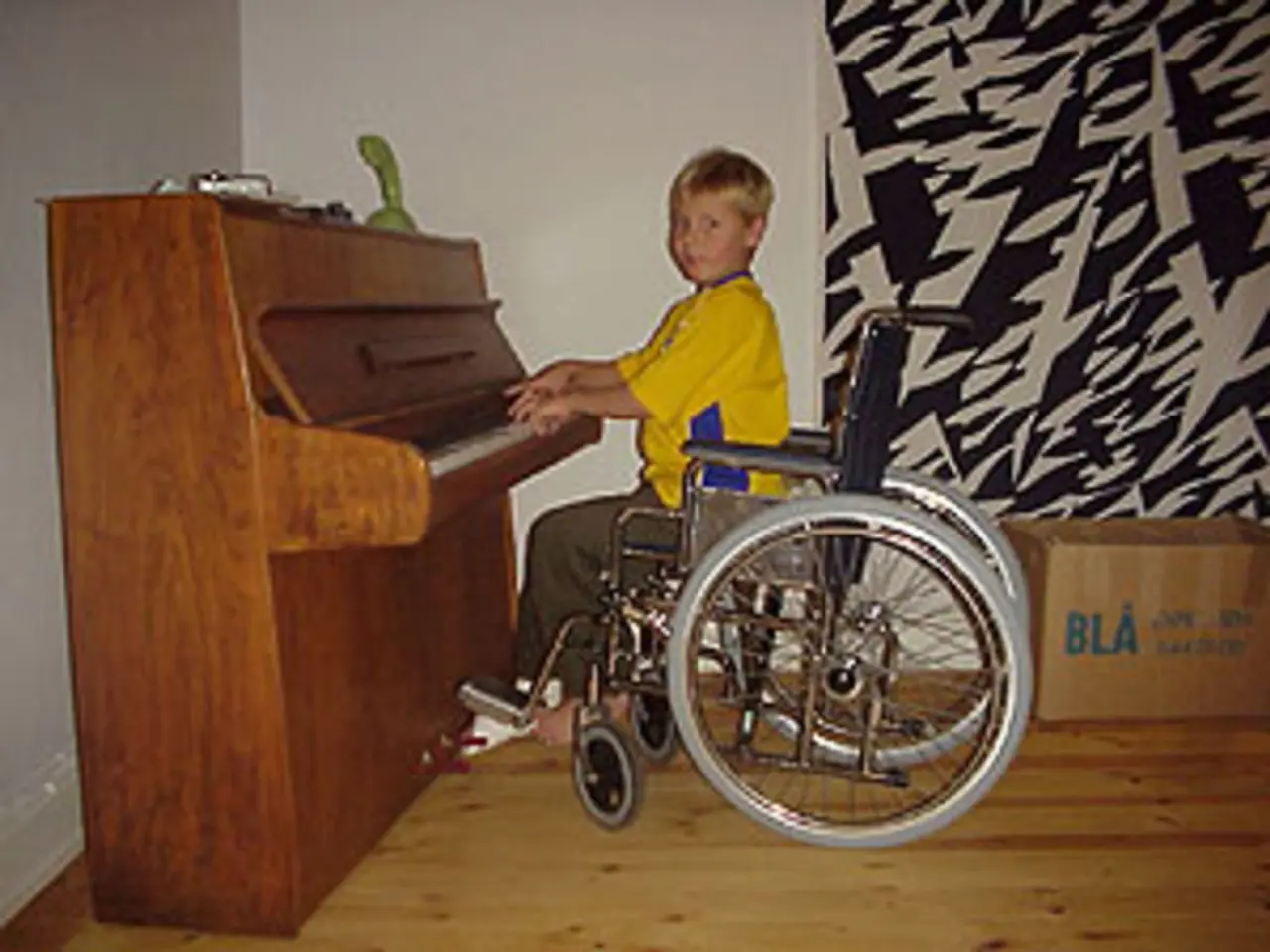Therapy for Attention Deficit Hyperactivity Disorder (ADHD): Advantages, varieties, and additional details
ADHD, or Attention Deficit Hyperactivity Disorder, is a common neurodevelopmental disorder that affects millions of people worldwide. While medication, particularly stimulants, remains the most effective treatment for managing ADHD symptoms, psychotherapy can offer additional benefits and play a crucial role in enhancing outcomes.
Psychotherapy for ADHD
Psychotherapy sessions, which can range from individual to group therapy, can cost between $100-$200 per session. Group therapy, with its potential for shorter wait times, provides an opportunity for peer support and learning from others with the condition.
There are several main types of psychotherapy effective in treating ADHD. Cognitive Behavioral Therapy (CBT) is widely supported by evidence for helping ADHD patients identify and change negative thought patterns, improve time management, planning, organization, and coping strategies. It also addresses common comorbid issues such as low self-esteem and depression related to ADHD.
Mindfulness-Based Cognitive Therapy (MBCT) integrates mindfulness practices to improve emotional regulation, attention, executive functioning, and reduce distractibility by enhancing prefrontal cortex function through mindfulness meditation and emotional self-management techniques.
Dialectical Behavior Therapy (DBT) helps with emotion regulation and impulse control, teaching mindfulness, distress tolerance, and managing intense emotions. It is particularly useful for ADHD individuals struggling with risky or impulsive behaviors.
Interpersonal Psychotherapy (IPT) focuses on communication skills and interpersonal relationship challenges, helping individuals understand how their ADHD symptoms affect social interactions and teaching adaptive conflict resolution strategies.
Narrative Therapy uses storytelling and reframing to separate identity from ADHD diagnosis, empowering patients to change their perspective and find practical solutions.
Family and parent training, particularly for children, can also improve family dynamics and support at home.
The Role of Medication
Medication, particularly stimulants, remains the most effective treatment for people with ADHD. These medications work by increasing brain chemicals that affect thinking and attention, helping to control hyperactivity and impulsivity and improve focus. However, combining medication with psychotherapy can be more effective than medication alone.
The Benefits of Psychotherapy
Psychotherapy can offer several benefits for people with ADHD. It provides fewer side effects, a potential greater effect on symptoms than ADHD medication alone, tailored support and advice, opportunity to develop coping skills, improved communication skills, and fewer downsides compared to medication.
Online resources such as CHADD and APA offer a professional directory and information on accredited therapists for ADHD. Additionally, online or telephone therapy for ADHD is available, which can be less disruptive to daily routines.
A 2020 review found clear evidence that psychotherapy, particularly cognitive behavioral therapy (CBT), can reduce ADHD symptoms in adults. Another 2020 review suggested that psychotherapy can reduce irritability and aggression in children with ADHD, but highlighted flaws in the studies such as their short duration.
In summary, CBT has the strongest evidence base, especially for adult ADHD, while MBCT and DBT offer additional benefits for emotional and attentional regulation. IPT and narrative therapy address social and identity-related challenges. Family therapy supports children with ADHD by improving the home environment.
For those seeking treatment options for ADHD, speaking to a healthcare professional or psychiatrist is the first step. Some insurance companies may cover the cost of psychotherapy, depending on the type of coverage. It's important to remember that each person's journey with ADHD is unique, and finding the right treatment plan requires patience and open communication with healthcare providers.
- Cognitive Behavioral Therapy (CBT) is a type of psychotherapy that is widely supported by evidence for helping ADHD patients identify and change negative thought patterns, improve time management, planning, organization, and coping strategies.
- Dialectical Behavior Therapy (DBT) helps with emotion regulation and impulse control, teaching mindfulness, distress tolerance, and managing intense emotions, which is particularly useful for ADHD individuals struggling with risky or impulsive behaviors.
- Interpersonal Psychotherapy (IPT) focuses on communication skills and interpersonal relationship challenges, helping individuals understand how their ADHT symptoms affect social interactions and teaching adaptive conflict resolution strategies.
- Narrative Therapy uses storytelling and reframing to separate identity from ADHD diagnosis, empowering patients to change their perspective and find practical solutions.




